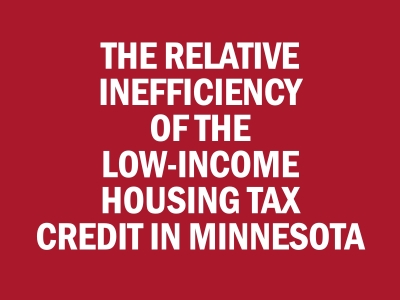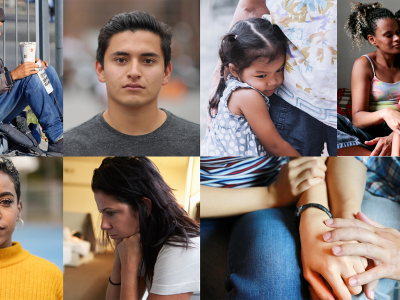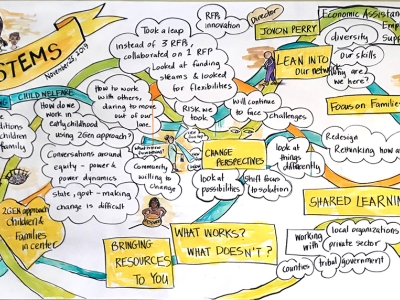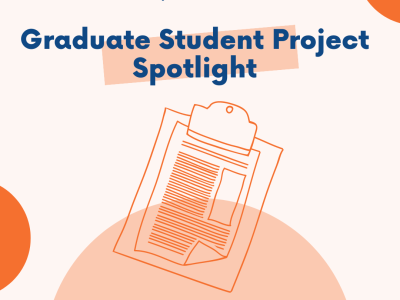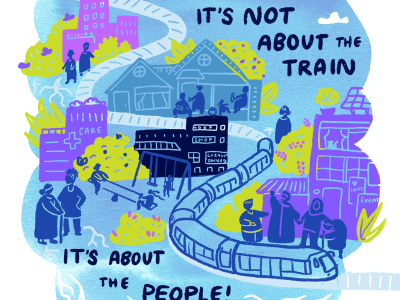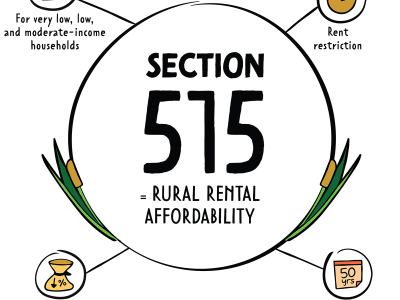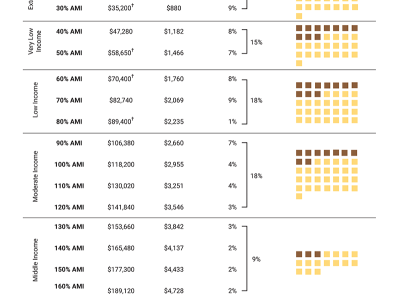Executive Summary
The Low-Income Housing Tax Credit (LIHTC) is less efficient with public subsidies than other subsidized housing development programs in the State of Minnesota. Public subsidy is lost at the very beginning of tax credit deals when developers must sell the credits to investors. Historically, the market has resulted in credits being sold for 87 cents on the dollar, a loss of 13% in the value of the credit at the outset. We are unable to estimate the full cost in dollars of this leakage due to lack of data. Second, administrative costs are higher for tax credit projects than for non-LIHTC projects. We estimate a cost of up to $1.…
